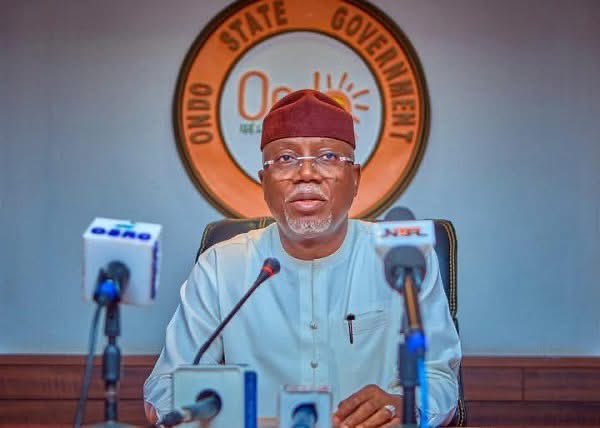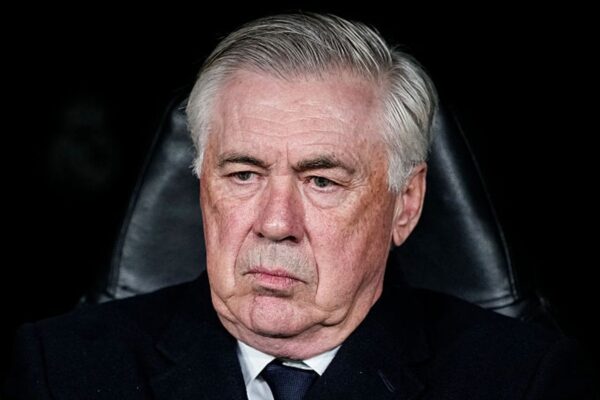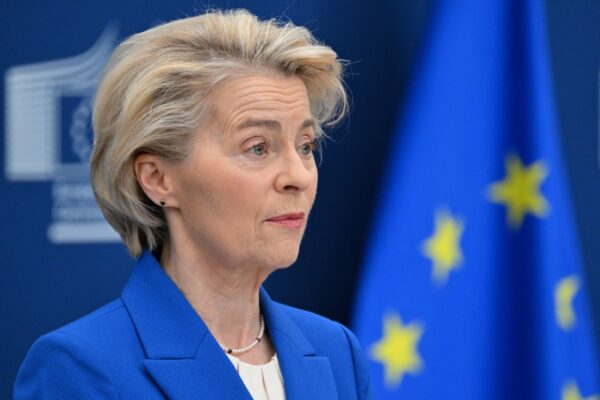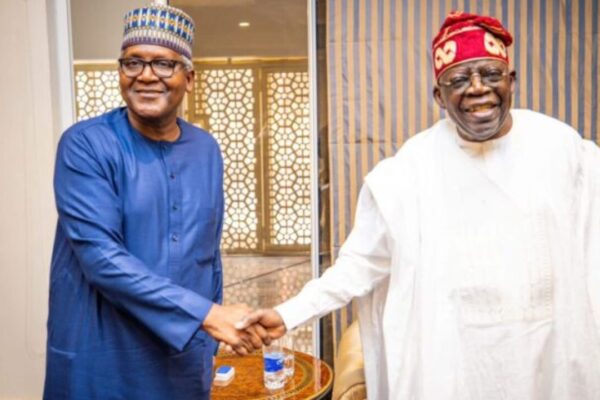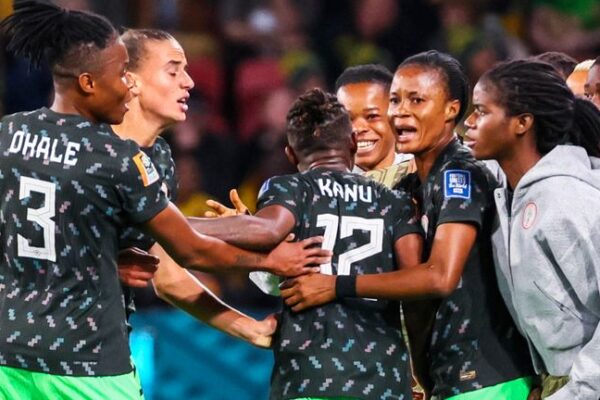
Mission X: Super Falcons Target Repeat Performance of 2022 Against Botswana
Group leaders Nigeria will fancy their chances of scooping the three points when they take on Botswana in Casablanca on Thursday, in their second match of the determined campaign to win a 10th Women Africa Cup of Nations title. The Super Falcons wasted little sweat in dispatching Tunisia’s senior girls 3-0 in their first match of the campaign, and will book an early slot in the quarter finals if they collect another three points against the Southern Africans at the Larbi Zaouli Stadium, at a game starting by 8pm. Three years ago, in the 12th edition of the competition hosted by the same country, the Falcons scored a goal in each half (courtesy Ifeoma Onumonu and Christy Ucheibe) to to turn the hopes of the Botswanans to ashes at the Stade Prince Moulay El Hassan. The opposition will have a number of new birds to contend with on Thursday, with the likes of Esther Okoronkwo (Woman of the Match against Tunisia), Jennifer Echegini, Rinsola Babajide and Chinwendu Ihezuo likely to present a number of problems at the fore, alongside the well-known faces of Captain Rasheedat Ajibade, Asisat Oshoala and Toni Payne. Head Coach Justine Madugu may take the option of starting with Christy Ucheibe, Halimatu Ayinde and Jennifer Echegini in the midfield, to provide ample ammunition for Ajibade, Payne and either of Oshoala and Ihezuo to do the damage. Goalkeeper Chiamaka Nnadozie remains the rock between the posts, with Osinachi Ohale to provide guidance and wisdom for Tosin Demehin, Michelle Alozie and Ashley Plumptre at the rear. Botswana comes into the game still nursing their one-goal defeat to Algeria in the first round of matches – the same day the Falcons hit the Tunisians for three, with Asisat Oshoala, debutant Rinsola Babajide and Chinwendu Ihezuo the scorers. Oshoala’s early goal presaged a comfortable evening for the nine-time champions, and had they taken most of the chances they created, the North Africans would have returned to the dressing room with a basketful of goals. “As I said before the commencement of the tournament, we remain focused on our Mission X and we believe that victory over Botswana is a huge possibility. We are taking it one match at a time without taking any team for granted,” Madugu told thenff.com.

